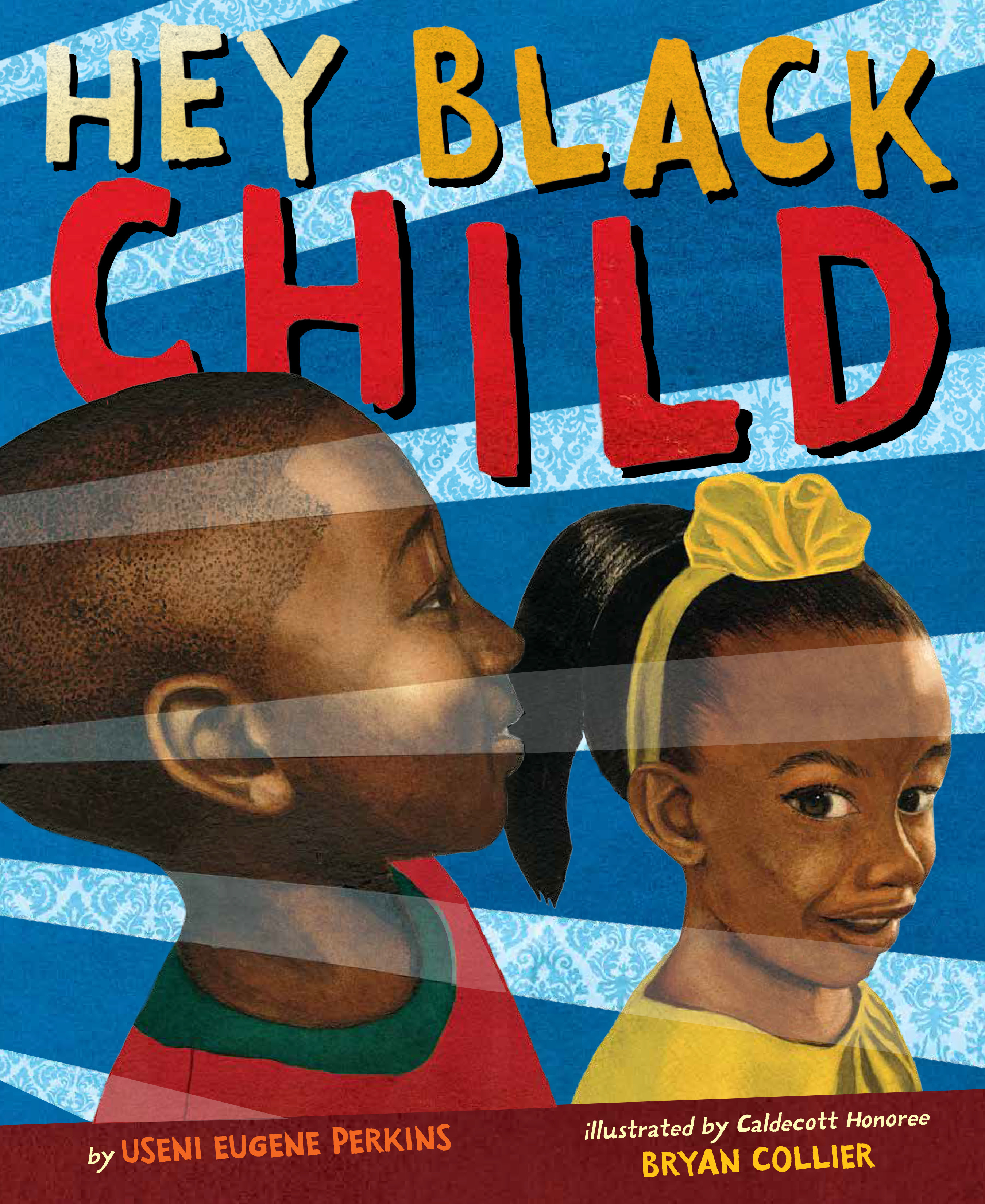Perkins, Useni Eugene (1932-…), is an American poet, playwright, and social worker. As a writer, he is best known for his children’s poem “Hey Black Child” (1975). Perkins composed this lyrical poem to celebrate Black children in particular. However, the verse attempts to inspire all young people to dream big dreams and work to achieve their goals in life. The poem was originally written as lyrics for a song in Perkins’s children’s play Black Fairy (1975), but it quickly gained popularity as a stand-alone work in classrooms and homes. The poem was published as the picture book Hey Black Child, illustrated by Bryan Collier, in 2017.

Eugene Perkins was born on Sept. 13, 1932, in Chicago, Illinois. He later added Useni as his first name. Perkins attended George Williams College, earning a B.S. degree in group social work in 1961 and an M.S. degree in administration in 1964. He has spent most of his adult life as a social worker in Chicago. From 1966 to 1982, Perkins was executive director of the Better Boys Foundation, a social agency involved in community development. Later, he worked for the Urban League in Chicago and in Portland, Oregon; served as interim president of the DuSable Museum of African American History in Chicago; and was project director of the Family Life Center at Chicago State University. In 1991, Perkins founded the Association for the Positive Development of African American Youth. He has written several studies of life among Chicago’s disadvantaged youth. They include Home Is a Dirty Street: The Social Oppression of Black Children (1975) and Harvesting New Generations: The Positive Development of Black Youth (1986). He edited the nonfiction Rise of the Phoenix: Voices from Chicago’s Black Struggle, 1960-1975 (2017).
Throughout his life, Perkins has made contributions to African American poetry and drama, particularly works for children. He was a leader of the Black Arts Movement of the 1960’s and 1970’s, which rejected the literary forms and values of white culture. His poetry has been collected in Black Is Beautiful (1968), When You Grow Up: Poems for Children (1982) and Midnight Blues in the Afternoon and Other Poems (1984). He has written plays about such important Black leaders in history as Steve Biko, W. E. B. Du Bois, Leadbelly, Paul Robeson, and Ida B. Wells-Barnett, among others. Some of his plays for children have been collected in Black Fairy and Other Plays (1993).
